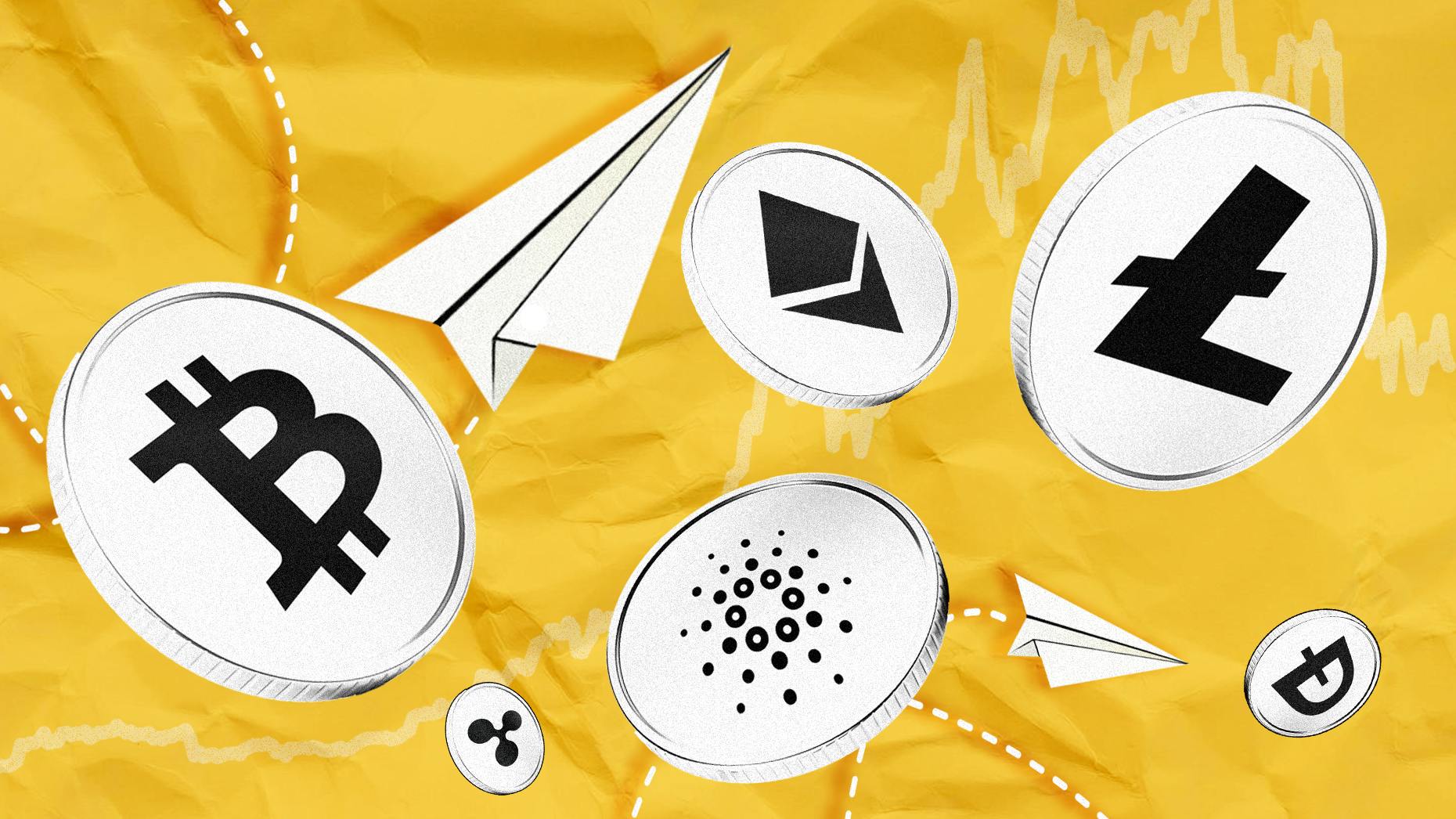Murky Regulation Leaves Opening for Other Validators

The Securities and Exchange Commission’s announcement Tuesday that it had brought new charges against three more people in an alleged $30 million initial coin offering fraud in 2017 was a harsh reminder of just how sketchy crypto can be.
With crypto’s regulatory landscape unclear, actions like the SEC’s lawsuit are rare and often delayed. The absence of a strong legal framework means that people have to look elsewhere to help them figure out what is and isn’t legitimate in crypto.
Lacking official guidance, exchanges and influencers sometimes become the de-facto arbiters of whether a digital currency is the real deal.
Coinbase Pro allowed trading of memecoin Shiba Inu on Tuesday, causing its price to soar more than 31%. The move renewed talk about whether SHIB is a “dogecoin killer,” even though there was speculation that Shiba Inu was dead after Ethereum co-founder Vitalik Buterin took a ton of it out of circulation.
The tides have also turned for controversial crypto social network BitClout, which made profiles of and tokenized the identities of Twitter users without their consent. The network’s native $CLOUT token also was added to Blockchain.com’s exchange, and Coinbase CEO Brian Armstrong tweeted on Monday that he was setting up a BitClout account.
But these signals don’t even have to come from those within the crypto industry. Kim Kardashian, who has 228 million Instagram followers, posted on Instagram about the ethereum max token on Monday. She included a required disclosure that it was a paid promotion, avoiding the SEC penalties that befell Floyd Mayweather Jr. and DJ Khaled, who touted initial coin offerings on social media.
Domino Effect?
Another country in Latin America could be joining the bitcoin bandwagon.
Days after El Salvador announced that it would accept bitcoin as legal tender, a Panamanian congressman said he would make good on promises to get crypto approved, saying he plans to present a bill next month that would deem an undisclosed cryptocurrency as legal tender in the country.
Other Latin American lawmakers have added so-called laser eyes to their Twitter profiles, signaling their support of bitcoin, or discussed projects to make their countries more welcoming to crypto companies.
Still, most governments remain wary of granting legal tender status to crypto. For now, El Salvador’s embrace of bitcoin, alongside its continued use of the U.S. dollar, hasn’t garnered much attention in Washington, D.C., said Kristin Smith, executive director of the Blockchain Association, a lobbying group. Policy makers are more preoccupied with crypto’s connection to ransomware, she said, as well as with its climate implications and price volatility.
PROTOCOL TO WATCH

The Graph
Based in: San Francisco
Investors: Coinbase Ventures, Compound VC, DCG, CoinFund, DTC, Kilowatt, Reciprocal Ventures, SPC, Framework, Multicoin, ParaFi Capital, JD Capital, Stakefish and others.
Funds Raised: $27.5 million through a Simple Agreement for Future Tokens and public token sale
What Sets It Apart: Called “the Google” of blockchains by some decentralized finance enthusiasts, The Graph offers a searchable index that organizes and provides blockchain data.
While there are centralized services that do something similar, The Graph is decentralized, according to Yaniv Tal, CEO of Edge & Node, the software company that created the protocol.
Anyone can operate a node within The Graph’s network and build an open API “subgraph” that indexes data from sources like the Ethereum blockchain. They earn GRT tokens for search queries completed on their subgraphs.
Tal said this is different from the siloed way that corporations store data. For example, many have their professional information relegated to LinkedIn and their personal data stored on Facebook.
“Information systems don’t have to work that way,” he said. “They shouldn’t work that way.”
Instead, he thinks that data can be located in one place. He said his team is building The Graph with the aim of turning it into a global repository of public information that isn’t curated by companies. The vision would fit well with Web 3.0, which refers to the idea that the next iteration of the internet will be more interconnected and decentralized, with greater individual autonomy.
DEALS
- Fox launched a $100 million fund for content creation in the NFT space under its new division Blockchain Creative Labs.
- Crypto loan platform Goldfinch raised $11 million from investors led by Andreessen Horowitz.
- BitDAO, a decentralized autonomous organization, raised $230 million in a private token sale led by Peter Thiel, Pantera Capital, Dragonfly Capital and Founders Fund.
WHAT WE’RE READING
- The Big Difference Between a Digital Dollar and a CBDC (Bloomberg)
- Kim Kardashian and Ethereum Max. Why? (CoinDesk)
- A Global First: Bitcoin as National Currency (WSJ)
Thank you for reading the Crypto Global newsletter. I’d love your feedback, ideas and tips: [email protected].
Hannah Miller is a reporter at The Information covering the crypto industry. She is based in San Francisco and can be found on Twitter at @hgmiller29.